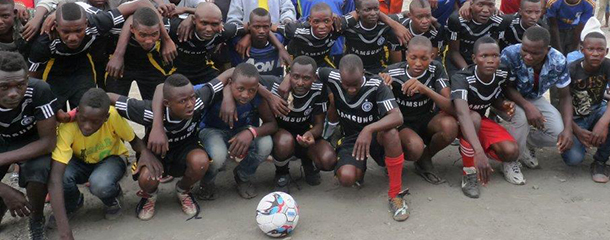On my recent trip to Tanzania, I had a stark reminder of the close proximity in which humans live with wildlife and the potential affects this can have on the lives they lead, when we spotted a leopard heading out of a settlement and into the forest opposite. The main highway that separates Manyara National Park from the neighbouring town showcases an abrupt juxtaposition between human development alongside wilderness. Such a quick sighting and the leopard was gone.
As an avid fan of wildlife, I have sometimes questioned those with negative attitudes towards wildlife. Witnessing a leopard this close to town made it easier to see both sides. I remembered a time the previous year leaving the village of Chebera in Southern Ethiopia, the village had started a funeral parade as we learned of one of the elder’s deaths by a buffalo the previous night. With global population bursting at the seams and land encroachment ever more apparent, it can be easy to side-line the needs of local wildlife and finding an amicable solution to this crossover becomes a greater challenge than ever.
What’s impressive are the determined and creative ways in which some of the local conservationists I subsequently met on the trip take this on. The very same day I had been invited to Burunge Wildlife Management Area – the home of Chem Chem Safari Lodge – for a game drive. Stretching for over 20,000 hectares, the area was taken over by Chem Chem in 2007 in order to tackle the prolific over-grazing and poaching that had occurred in the years leading up to this point.
Each year, Fabia and Nicholas, Chem Chem’s owners, contribute in excess of 15k, through their charity, LiveWildlife, to put on a football tournament for the local community. ‘Football’, Chem Chem’s manager, Kelly, explained to me, ‘is a language that everybody speaks, wherever you’re from and whoever you are. Conservation starts at the grassroots, with the community. If you invest in the community, you’re investing in conservation. It’s easier to raise awareness about wildlife while everyone’s together doing something fun. We firmly believe that those attending are the next generation of scouts, guides and ecologists.’
Since starting the annual ‘Kick for Wildlife’ cup, Fabia’s started running community groups with the women and taking kids from the schools on game drives. In 2014, seven years after Chem Chem took control of the concession, the first elephant crossing was witnessed for 27 years. Burunge is now one of the last wildlife corridors linking Lake Manyara and Tarangire and is host to over 205 elephants. Tourism and anti-poaching has created over 140 jobs.
LiveWildlife is one the charities that Wild Philanthropy, our sister charity, supports. For more information on how Wild Philanthropy works and the projects that we support please visit www.wildphilanthropy.com

